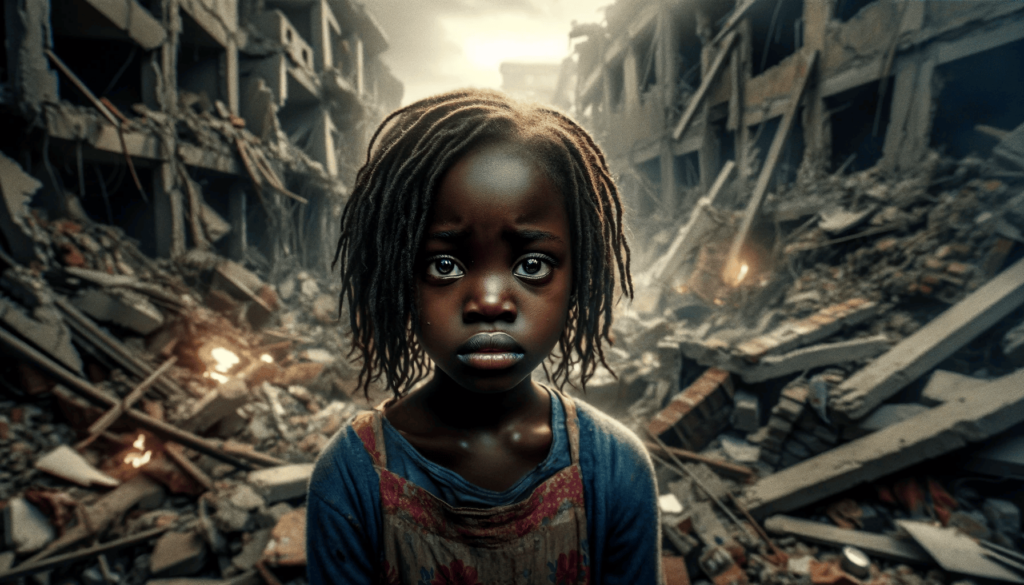January 6 is World War Orphans’ Day, a reminder that every year tens of thousands of children become direct or indirect victims of armed conflict.
War orphans, an ancient historical phenomenon
The existence of war orphans is nothing new, as this phenomenon has been a constant feature of every major conflict in history.
The First World War left nearly a million war orphans, prompting countries like France to create a special status for them, that of Pupille de la Nation. The Second World War was just as dramatic, with over 300,000 war orphans in Poland alone, and 200,000 in the former Yugoslavia.
More recent wars, apparently less intense, are just as deadly: the war in Afghanistan alone is said to have produced 2 million orphans over 30 years, 1/3 of whom are sleeping rough today.
War orphans are an inseparable part of any armed conflict, all the more so when the war lasts a long time: there’s no doubt that the figures for Ukraine and Gaza will be just as terrible in the years to come.
War orphans in Africa: a humanitarian and health challenge
In Africa, a continent ravaged by recurrent conflicts, it is difficult to get precise figures. An estimated 12% of children are orphans, but this figure includes both war orphans and children whose parents have died of disease. Out of 32 million African orphans, it seems clear that several million are war orphans. With reception facilities often outdated, many sleep on the streets and are left to fend for themselves. A study in Sierra Leone revealed a terrible figure that leaves no one indifferent: 70% had already considered suicide to put an end to their suffering.
Beyond the humanitarian aspect, which obliges us to place childhood at the heart of all ethical action, these vulnerable orphans pose a multitude of challenges, in terms of health policy, security or illegal migration. Protecting them is more than just a moral duty.
SEMEN CONSULTING AFRICA remains deeply supportive of this World War Orphans’ Day, unable to help but notice that it ironically takes place 5 days after World Peace Day. More than any other child, these war orphans must have their rights respected. They involve us in our responsibilities as adults, whether we are a citizen, a private or public company, a community, an NGO or an association: everyone can bring them the human comfort and material needs they so desperately need. Let’s continue to think of them, beyond every January 6, with a triple effort: humanitarian, economic and health-related.
TO FIND OUT MORE :



